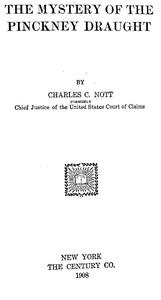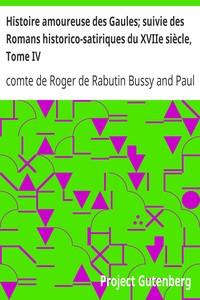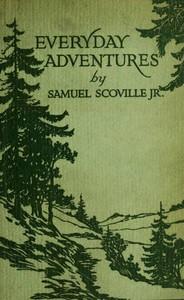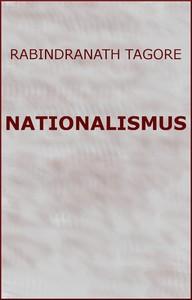Read this ebook for free! No credit card needed, absolutely nothing to pay.
Words: 62381 in 17 pages
This is an ebook sharing website. You can read the uploaded ebooks for free here. No credit cards needed, nothing to pay. If you want to own a digital copy of the ebook, or want to read offline with your favorite ebook-reader, then you can choose to buy and download the ebook.


: The Mystery of the Pinckney Draught by Nott Charles C - Constitutional history United States; Pinckney Charles 1757-1824
ing but never testifying--my eye happened to fall on this minute of Yates and it suggested the fact of these repeated omissions of Madison's to state the contents of the Pinckney draught, and I asked myself the question, is it possible that Madison never knew what the draught contained? In an examination of the facts relating to this question I found that the entry in the journal, above quoted, "Mr. Charles Pinckney laid before the house a draught" etc. had been taken word for word from the entry of the Secretary of the Convention in the official Journal. I found also that at four different times in the course of the debates Madison designated the draught by four different terms; as Mr. Pinckney's "plan" as Mr. Pinckney's "resolutions" as Mr. Pinckney's "motion" as Mr. Pinckney's "propositions," not one of which expressed the idea of a formulated Constitution. It is therefore evident that Madison did not hear Pinckney read his draught as Yates did, and did not hear him say as Yates did, "that he had reduced his ideas of a new government to a system." My inference then was and still is, that Madison was temporarily absent from the hall when Pinckney produced and read his draught and that on hearing of it he went to the Secretary's desk and copied the entry in the official journal--an entry which is also silent as to Pinckney having read the draught and which describes it in language entirely different from Yates's and entirely different from Pinckney's, for Pinckney's draught does not profess to be an agreement "between the free and independent States of America," but is avowedly an act of the people of the United States. It therefore appears both positively and negatively that Madison was not present when Pinckney presented his draught; that he could not have heard Pinckney's designation of it as a "system" and could not have heard Pinckney read it to the Convention. He regrets in another place that he did not take a copy of it because of its length and it may be inferred from what may be termed his unfailing ignorance of its contents that he did not read it because of its length.
Madison had a poor opinion of Pinckney, a very poor opinion; and he held fast to it all through his life. During the sitting of the Convention the draught was referred to repeatedly in discussions and motions and references. Madison recorded what was said, and the more important of the motions and references, but his opinion of Pinckney was so poor that he did not put himself to the trouble of stepping to the Secretary's desk and reading the draught, much less of taking a copy of it. In October 1787, after the dissolution of the Convention, he wrote from New York to Washington and Jefferson, the following letters:
James Madison to General Washington.
NEW YORK, Octr. 14, 1787.
"I add to it a pamphlet which Mr. Pinckney has submitted to the public, or rather as he professes, to the perusal of his friends, and a printed sheet containing his ideas on a very delicate subject, too delicate in my opinion to have been properly confided to the press. He conceives that his precautions against any further circulation of the piece than he himself authorizes, are so effectual as to justify the step. I wish he may not be disappointed. In communicating a copy to you, I fulfill his wishes only."
Madison to Jefferson.
NEW YORK, Octr. 24, 1787.
"To these papers I add a speech of Mr. C. P. on the Mississippi business. It is printed under precautions of secrecy, but surely could not have been properly exposed to so much risk of publication."
Madison to General Washington.
NEW YORK, Oct. 28, 1787.
"Mr. Charles Pinckney's character is, as you observe well marked by the publications which I enclosed. His printing the secret paper at this time could have no motive but the appetite for expected praise; for the subject to which it relates has been dormant a considerable time, and seems likely to remain so."
On the 6th of January, 1834, he wrote to Thomas S. Grimke:
Free books android app tbrJar TBR JAR Read Free books online gutenberg
More posts by @FreeBooks

: Motor Boat Boys on the Great Lakes; or Exploring the Mystic Isle of Mackinac by Arundel Louis - Motorboats Juvenile fiction; Great Lakes Region (North America) Juvenile fiction


: Histoire amoureuse des Gaules; suivie des Romans historico-satiriques du XVIIe siècle Tome IV by Bussy Roger De Rabutin Comte De Livet Charles Louis Contributor Boiteau D Ambly Paul Editor - France Court and courtiers; Erotic literature FR Séduction et l






